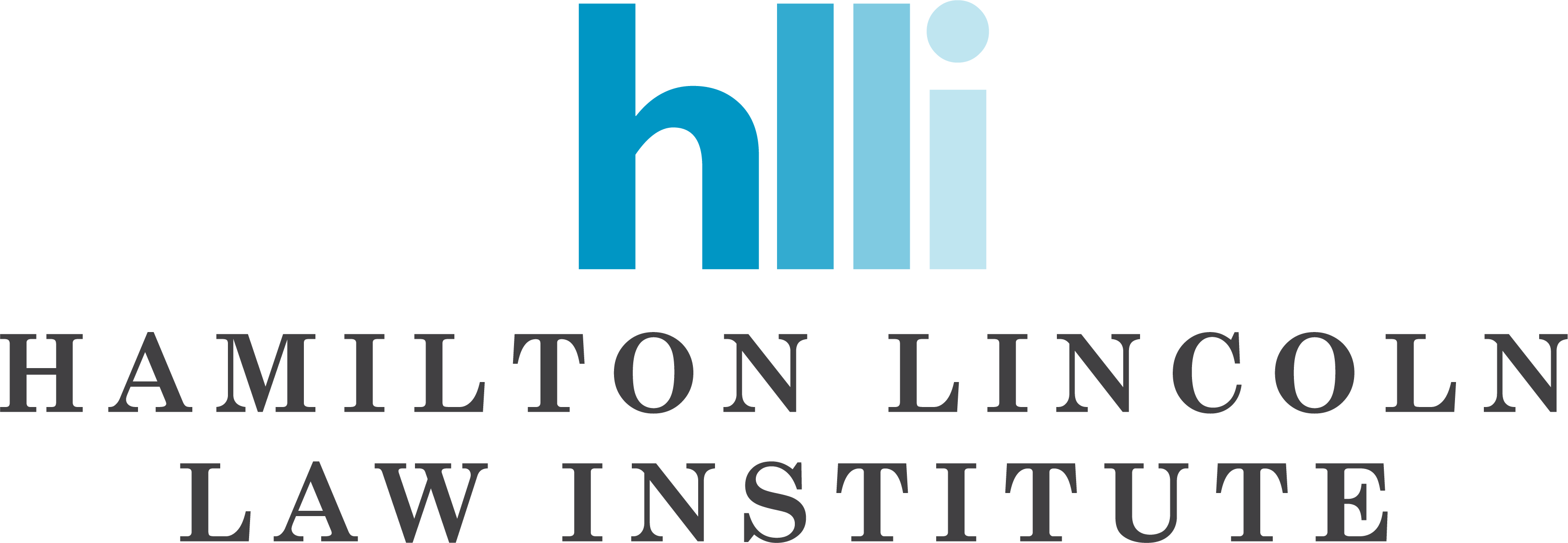 June 24, 2024 — FOR IMMEDIATE RELEASE
June 24, 2024 — FOR IMMEDIATE RELEASE
Washington D.C. — The Hamilton Lincoln Law Institute (HLLI) filed an amicus brief with the United States Court of Appeals for the Eighth Circuit in Iowa v. SEC challenging the SEC’s new regulation requiring publicly traded companies to make climate-related disclosures in securities filings.
A series of Petitioners, including a coalition of States as well as private parties and trade groups, challenged the new rule, arguing that it exceeded the SEC’s authority, was arbitrary and capricious, and violated the First Amendment because it compelled speech. Nine separate cases were consolidated before the Eight Circuit Court of Appeals, which will decide if the SEC’s rule should be vacated.
HLLI filed an amicus brief supporting all nine Petitioners, arguing that the SEC’s rule does not benefit shareholders or investors and will only lead to costly, meritless securities class action lawsuits related to the mandated climate disclosures, which will drive up compliance costs and result in even more superfluous climate-related disclosures. Such lawsuits will only enrich opportunistic class action attorneys and provide neither meaningful compensation to shareholders nor benefit the environment.
HLLI’s brief also argues that the SEC does not have the legislative authority to impose the climate disclosures on publicly traded companies because the disclosures are not material and because the rule is a dramatic departure from the SEC’s primary mission of protecting shareholders and the investing public. HLLI’s brief emphasizes that climate-related regulation is best reserved for the Environmental Protection Agency, rather than a financial regulator like the SEC.
The lead case is Iowa v. Securities & Exchange Commission, 24-1522 (8th Cir.).
* * *
Founded in 2019, Hamilton Lincoln Law Institute is a nonprofit public interest law firm that challenges improper restrictions on speech, administrative and regulatory actions, and abuses of the class action and civil justice system that exceed constitutional limits, promote rent-seeking, or otherwise improperly created deadweight loss.
As a nonprofit, tax-exempt organization as defined by section 501(c)(3) of the Internal Revenue Code, HLLI relies on support from individuals and foundations that share a commitment to individual liberty, free enterprise, and limited government. To learn more, visit http://hlli.org.
For more information about this case, contact:
Ned Hedley, Litigation Attorney, (312) 342-6008, ned.hedley@hlli.org
